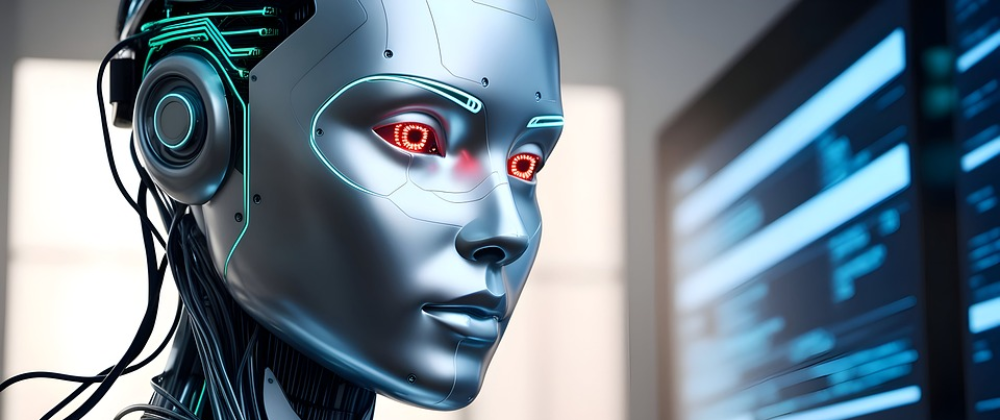Humanoid robots have undergone a remarkable transformation, thanks to the significant advancements in artificial intelligence (AI) technology. Leading tech giants, including Amazon, Google, Nvidia, Tesla, and Microsoft, have been heavily investing in developing these intelligent, human-like machines, and the results are poised to revolutionize various industries.
The integration of cutting-edge AI capabilities has made humanoid robots more agile, dexterous, and adaptable than ever before. These robots can now perform a wide range of tasks with a level of precision and efficiency that rivals human capabilities. From intricate yoga poses to delicate object manipulation, the latest generation of humanoid robots showcases their remarkable versatility.
One of the key drivers behind this evolution is the rapid progress in areas such as computer vision, natural language processing, and reinforcement learning. Humanoid robots are now equipped with sophisticated sensors and algorithms that allow them to perceive their surroundings, understand and respond to verbal commands, and learn from their experiences to continuously improve their performance.
In the healthcare sector, AI-powered humanoid robots are expected to play a transformative role. These robots can assist medical professionals in tasks such as patient monitoring, medication management, and even providing emotional support to patients. Their ability to work tirelessly and with consistent accuracy can significantly enhance the efficiency and quality of healthcare delivery.
Similarly, in the manufacturing industry, humanoid robots are poised to revolutionize the way production processes are carried out. These robots can perform repetitive, tedious, or hazardous tasks with unparalleled precision and consistency, reducing the risk of human error and improving overall productivity. Furthermore, their adaptability allows them to seamlessly integrate into existing production lines, enabling manufacturers to optimize their operations.
The entertainment industry is also witnessing the impact of AI-powered humanoid robots. These robots can engage in natural conversations, express emotions, and even perform complex physical tasks, making them ideal for interactive experiences in theme parks, live shows, and other entertainment venues. By blending advanced technology with human-like attributes, humanoid robots can create immersive and captivating experiences for audiences.
Beyond these specific industries, the advancements in humanoid robotics have the potential to revolutionize various other sectors, from education and customer service to disaster response and space exploration. As these AI-powered machines continue to evolve, they will likely become indispensable tools for addressing a wide range of societal challenges and enhancing human capabilities.
However, the rapid progress in humanoid robotics also raises important ethical and societal considerations. Questions around job displacement, privacy, and the responsible development of these technologies must be carefully addressed to ensure that the benefits of AI-powered humanoid robots are equitably distributed and their impact is aligned with human values.
As the world witnesses the transformative power of AI-enhanced humanoid robots, the future holds immense potential for these intelligent machines to become seamless partners in our daily lives, revolutionizing industries and paving the way for a more efficient, productive, and enriching future.





Latest comments (0)